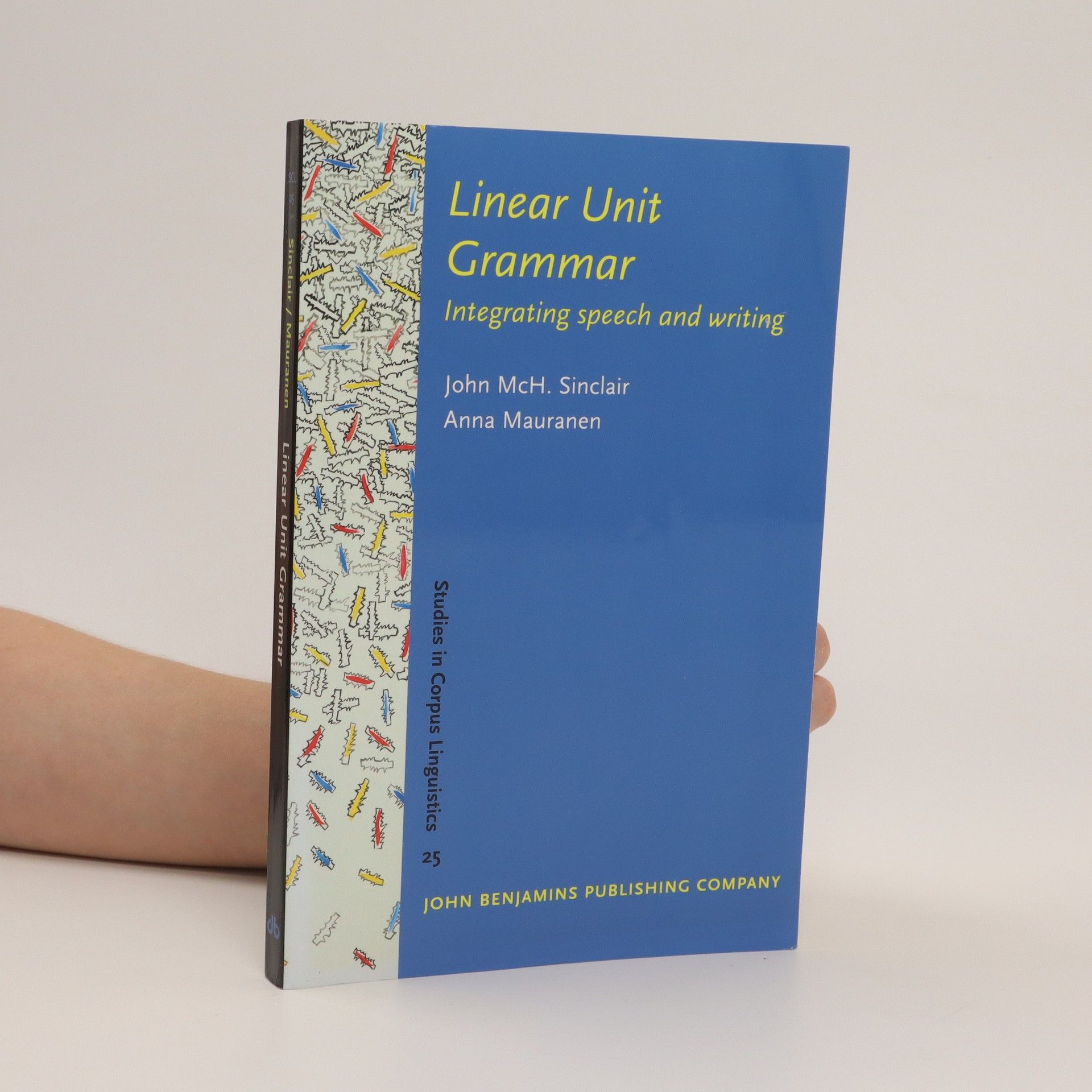Exploring ELF
- 282 Seiten
- 10 Lesestunden
The book showcases findings from the ELFA project, which analyzes a corpus of one million words of spoken academic English utilized as a lingua franca. It explores the linguistic features, communication strategies, and the implications for teaching and learning in multilingual academic settings. The research highlights how English functions as a bridge among speakers of different native languages, providing valuable insights into academic discourse and intercultural communication.

